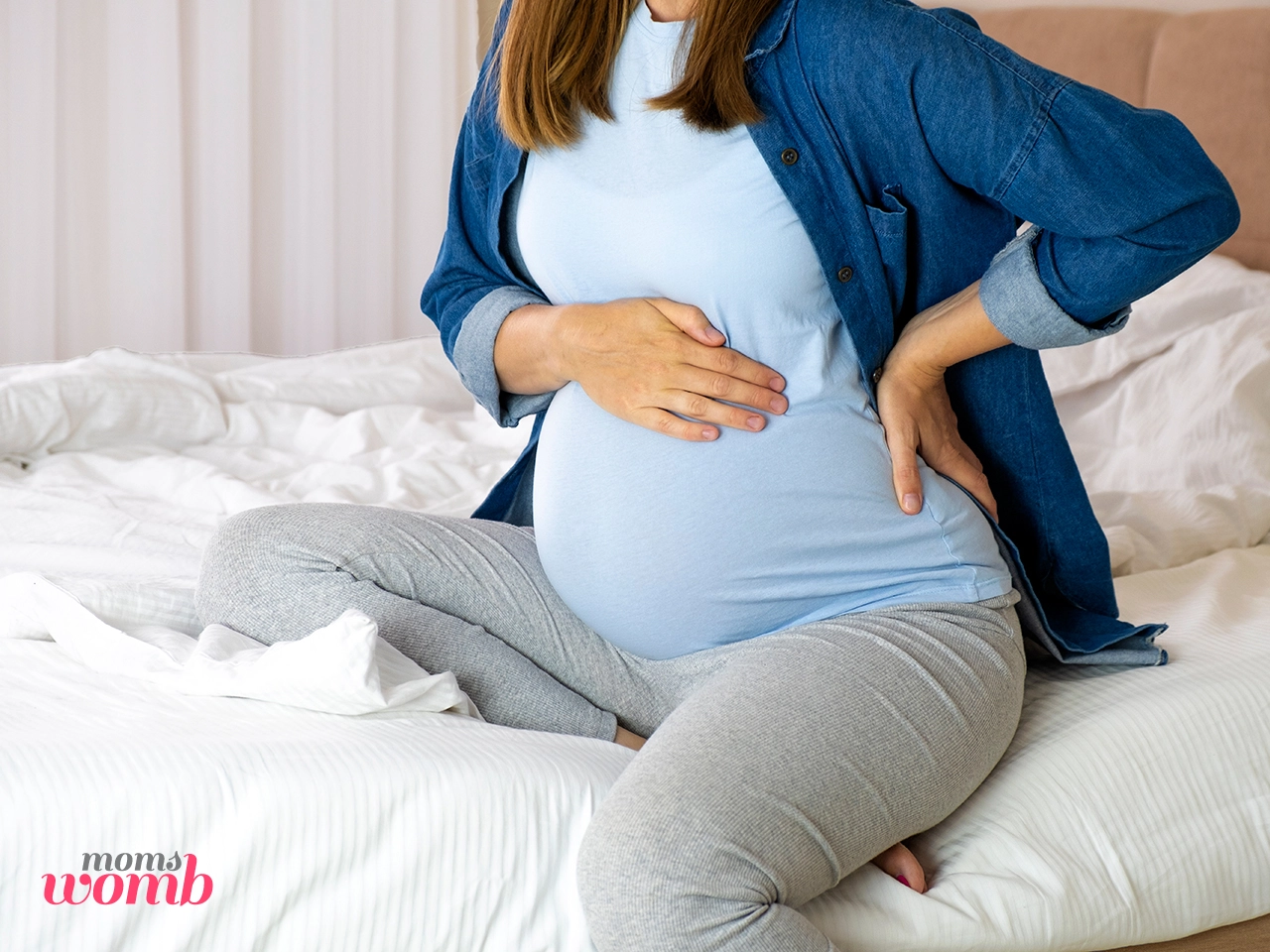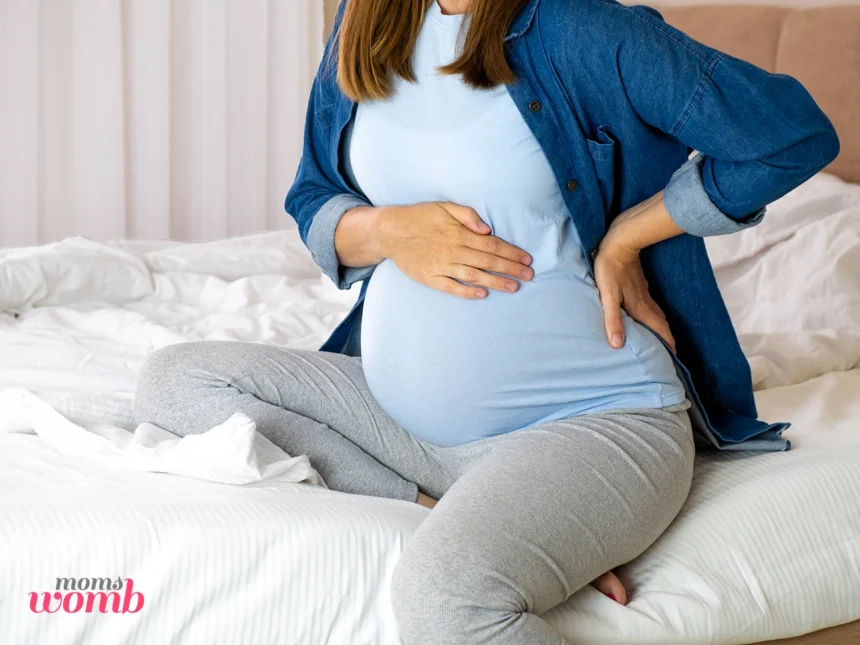In pregnancy, it is common to expect hip pain at some point of time and it may be mild in some women and severe in others. If hip pain is affecting you in your regular activities, then you should consult your health care provider for advice. You may also follow some helpful remedies to deal with it naturally.
Home remedies to relieve hip pain
Pillow for support
You will be sleeping mostly on your sides in the advanced stages of pregnancy and you may also find it uncomfortable to sleep, because of spinal posture changes. As you lie on your sides, place a comfortable pillow for support under your knee or between both the knees. Place it slightly under your belly as well. This helps provide relief from the pain caused by pressure exerted on your hip joints and back by the expanding belly. You will find that the pain subsides slowly.
Warm baths
Taking warm baths help the muscles and ligaments in the hips and back to relax, easing the pain. You may also apply a warm compression, but you need to be careful and gentle. If you are using a heating pad, make sure it is warm and not too hot. Also, you should avoid getting overheated and keep in mind not to apply the heating pad directly on your body. You may use natural epsom salt with warm bath to reduce the pain.

Massage
Try massaging the affected area gently by yourself or take the help of your partner and you will feel better as the muscles relax, easing the soreness.
Physical Activity
You may practice exercises or yoga to help with the pain. Your doctor may be able to advice you better on what workouts to follow in your pregnancy and what might help in reducing the pain. Even simple stretching and basic moves will be beneficial in strengthening the tissues and restoring your body balance, which has been impacted due to the growing belly. Make sure to do low impact exercises and inform the instructors about your pregnancy before hand. Avoid activities that require lying down on your back or posing in one stand for longer periods.
Adjusting posture
- Avoid sudden changes in position or quick movements to prevent triggering of sharp pain. Keep your legs close before getting up and remember to get out of bed on your sides, rather than moving straight ahead.
- Avoid sitting for long hours and rest your legs properly on the floor or use a footstool for support if your legs can’t reach the floor. Ensure that the chair supports your back and try to take short breaks and take short walks in between.
- When you are working at your desk or laptop, sit with your back straight and position the device, so that it is at your eye-level. This will avoid unnecessary slouching and leaning onto one side.
- Remember not to add all the weight on one leg while standing, as this adds pressure on the hip joints.








